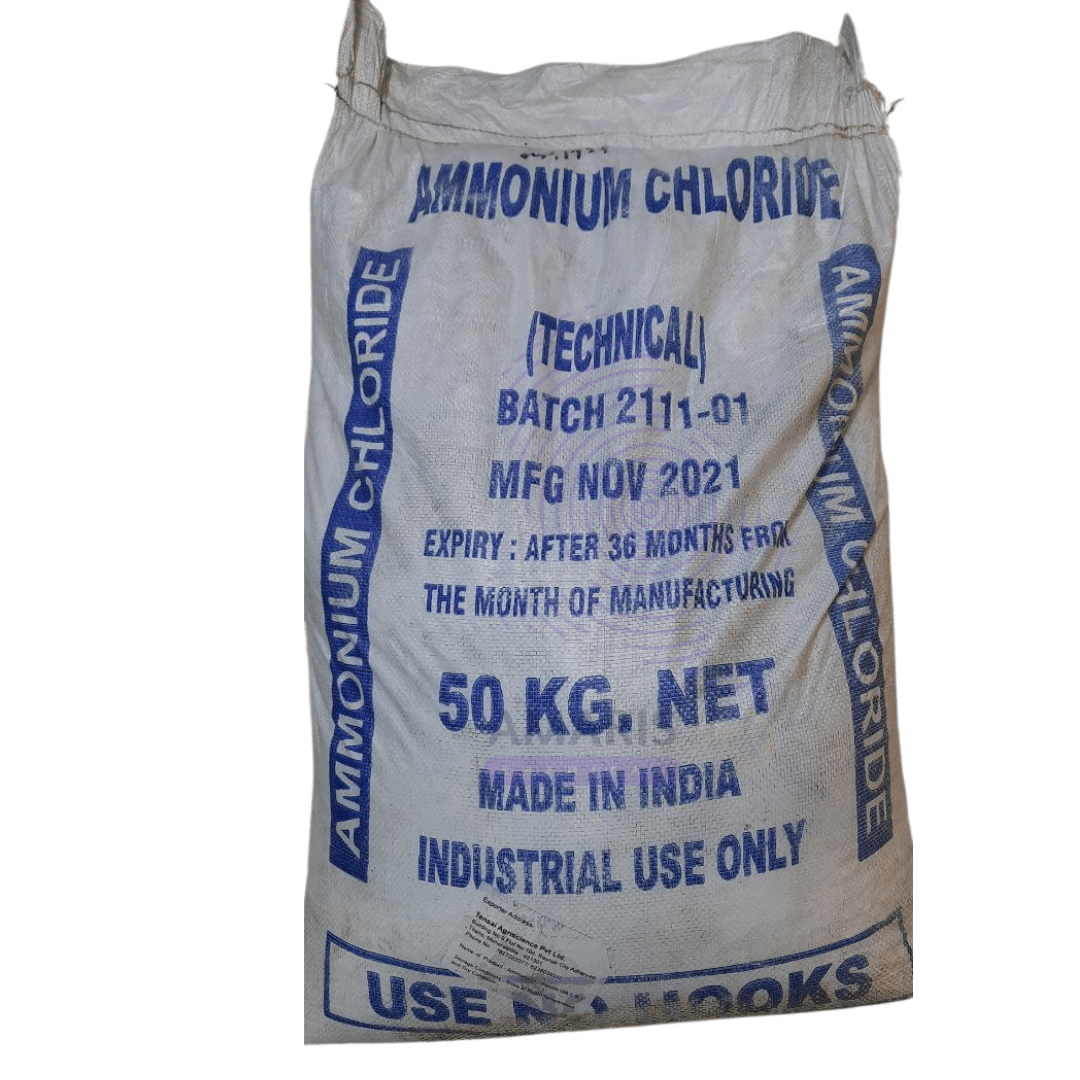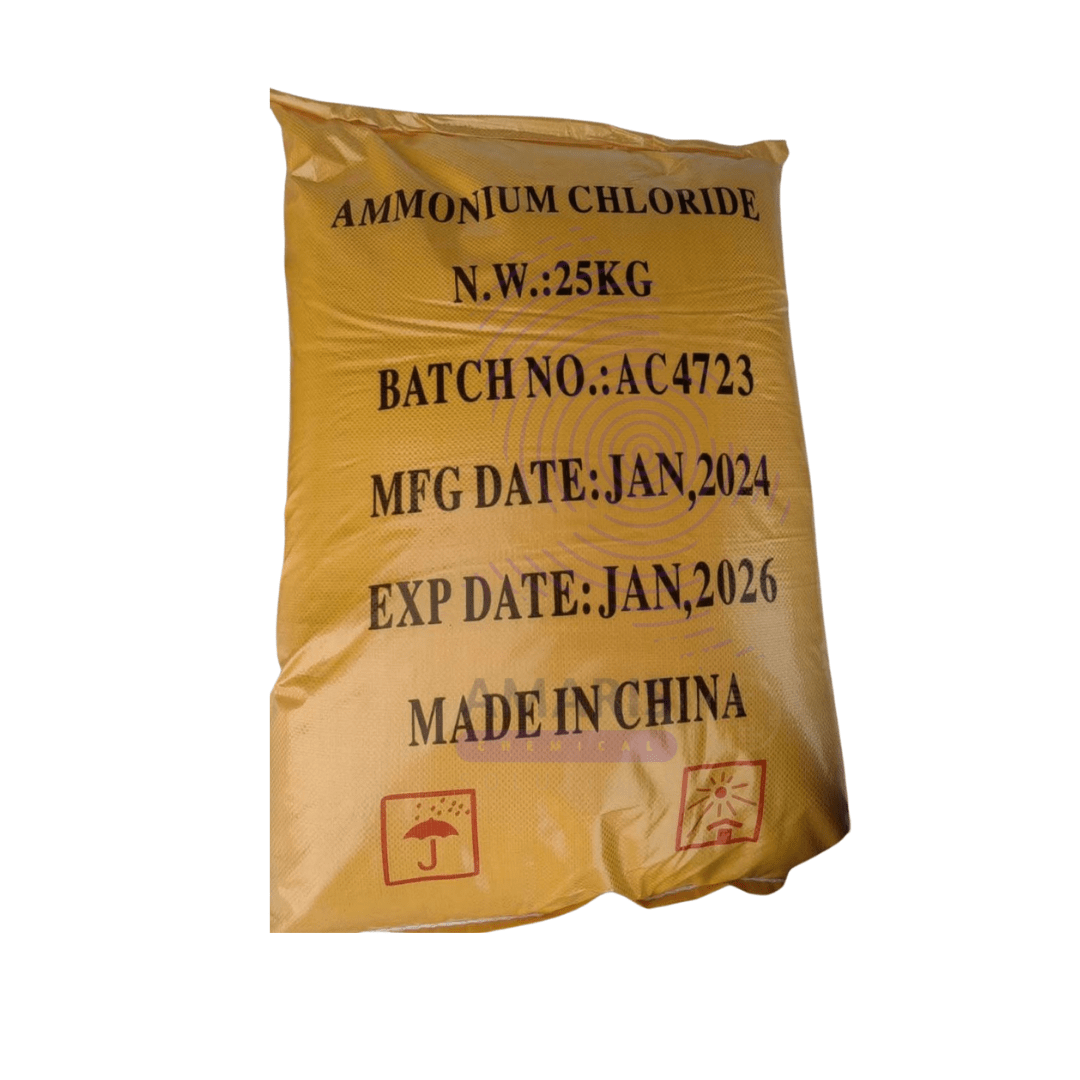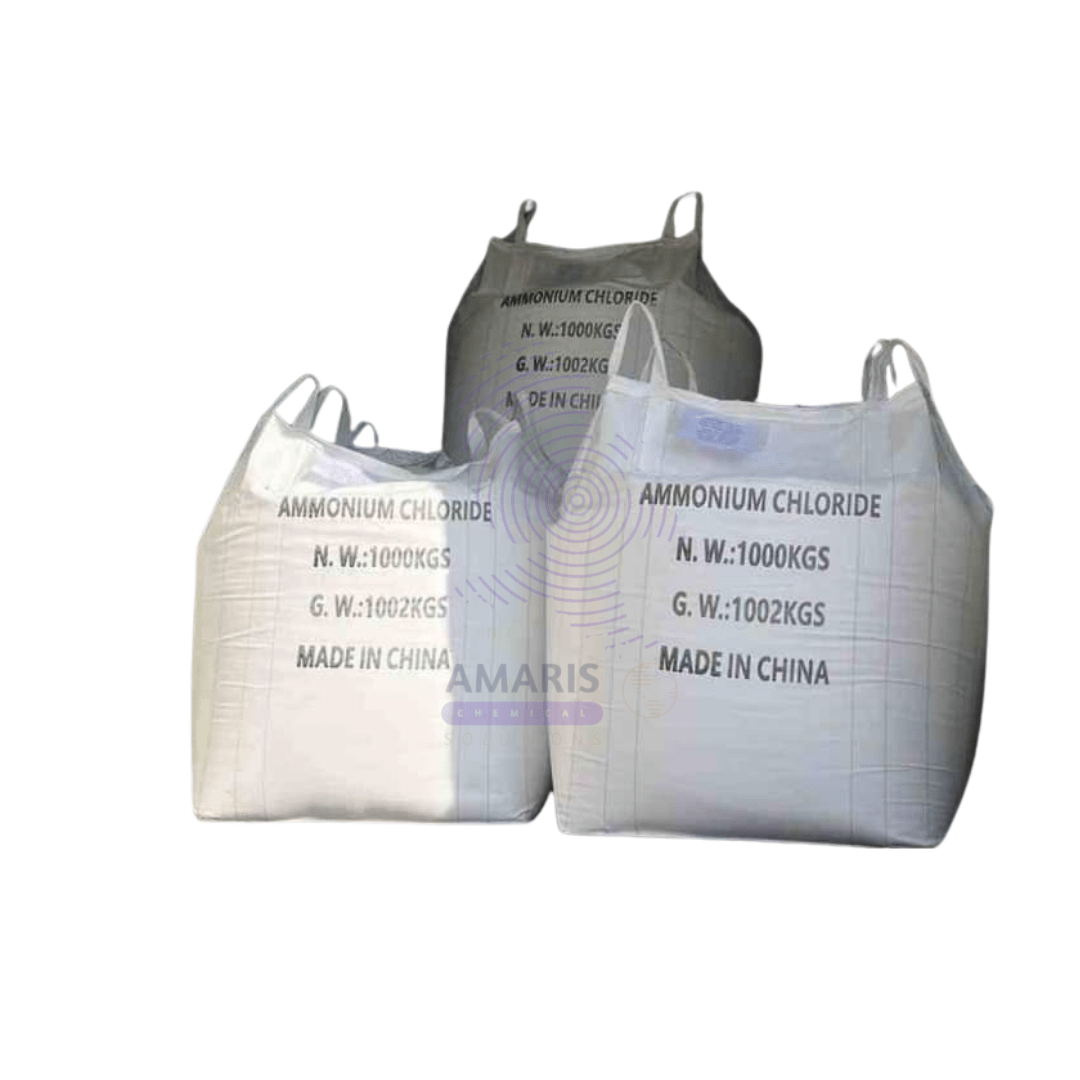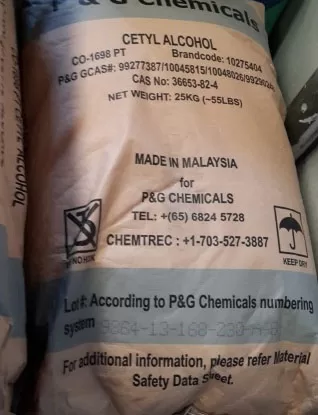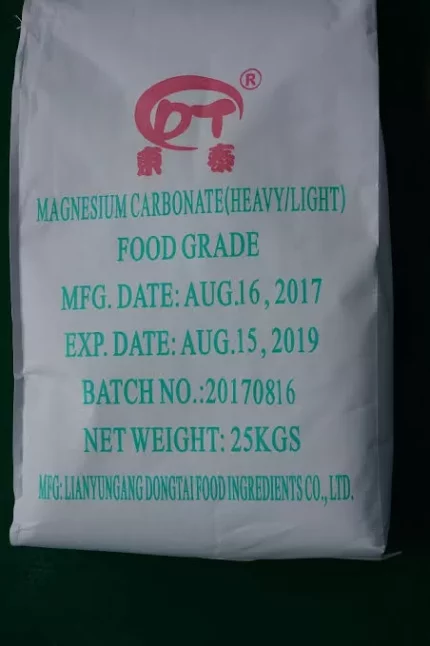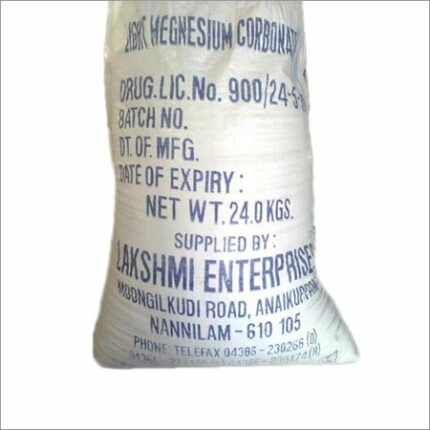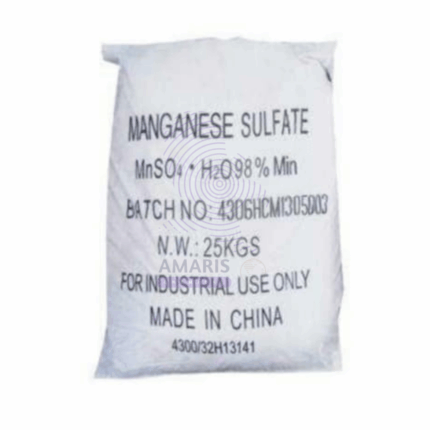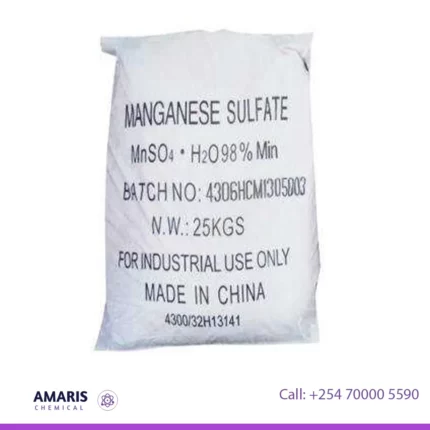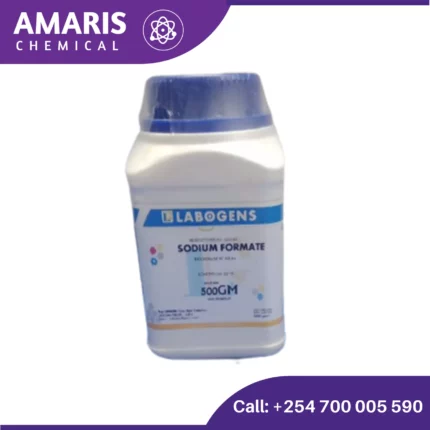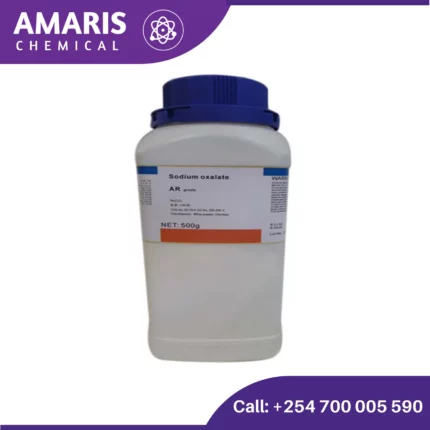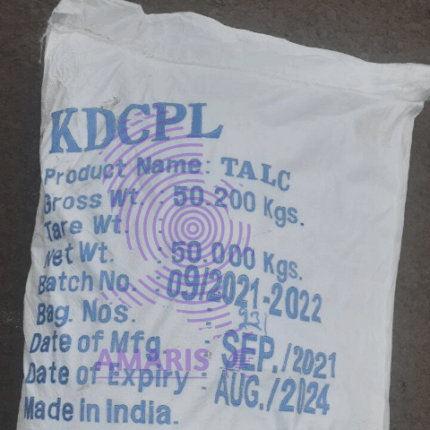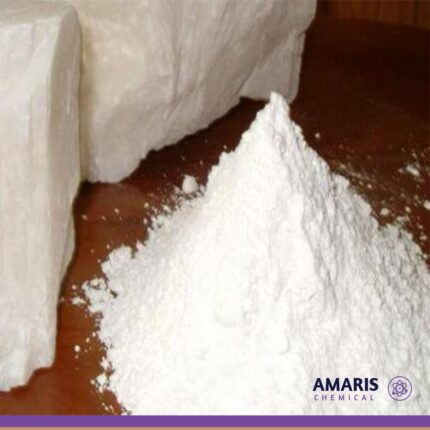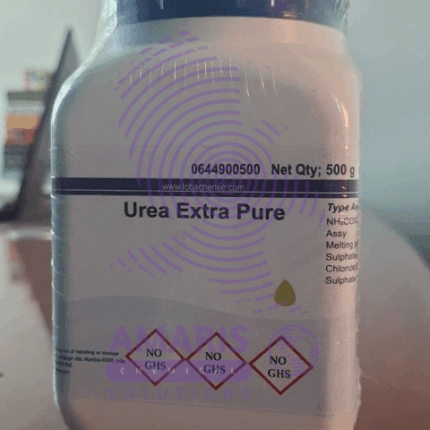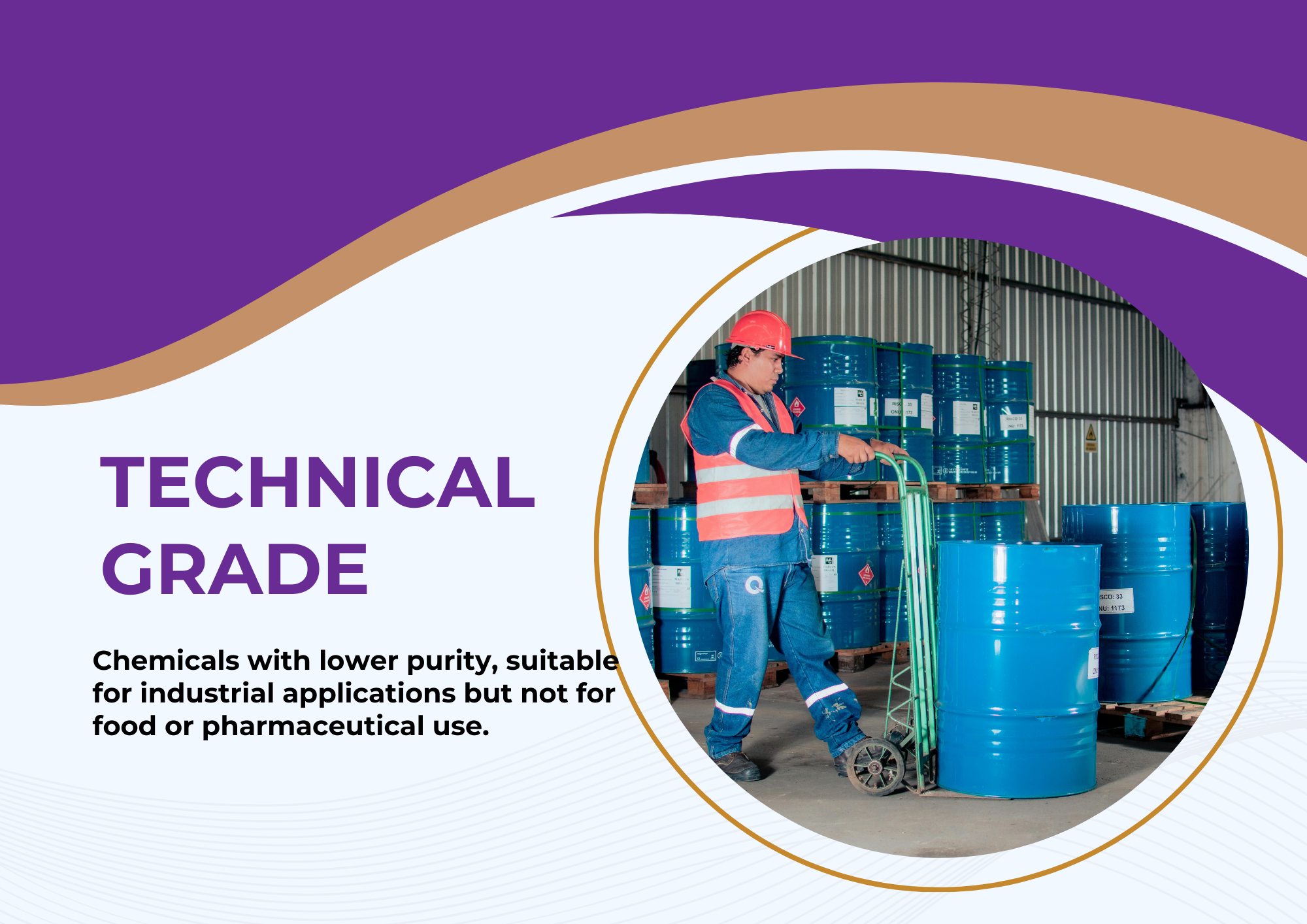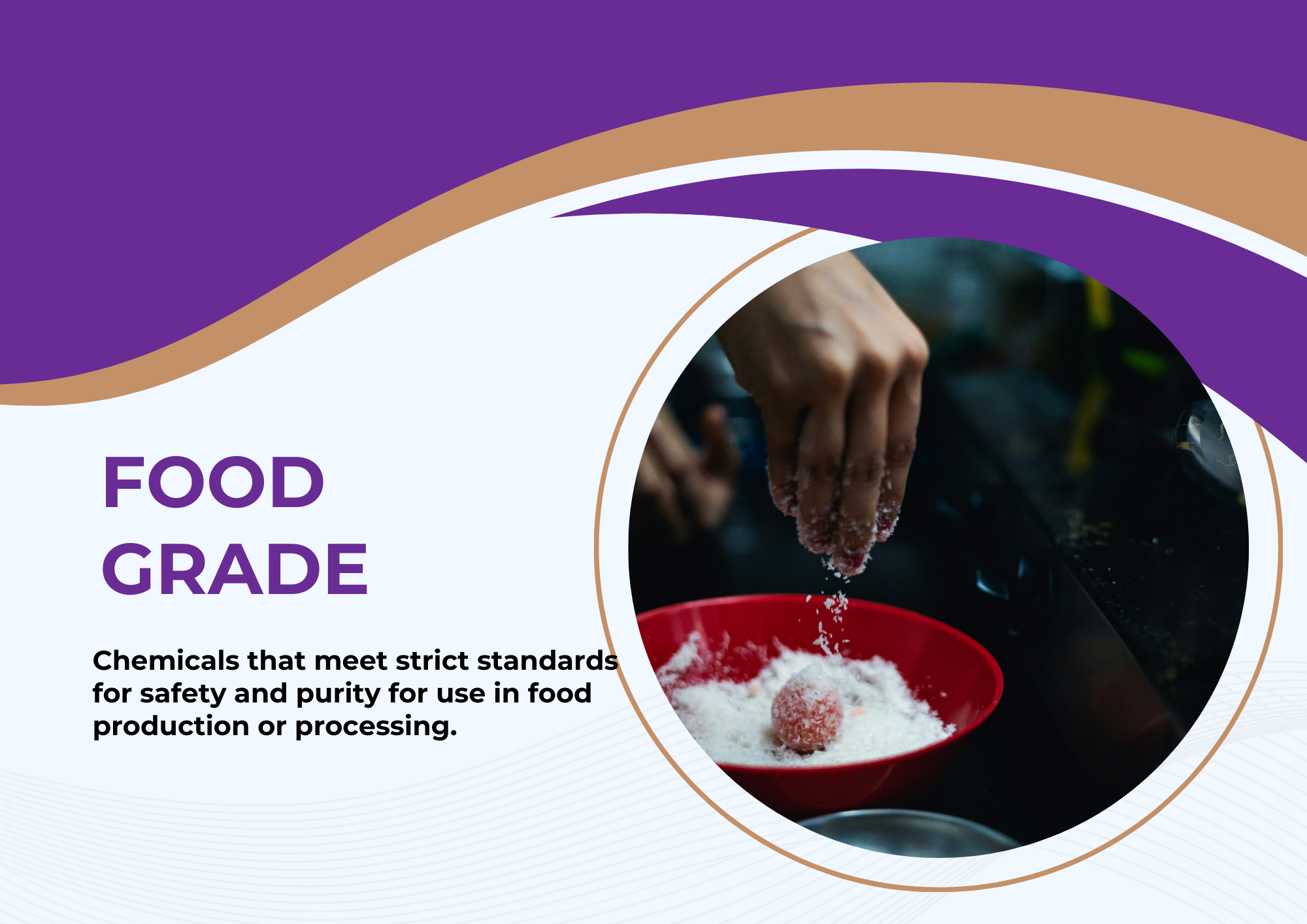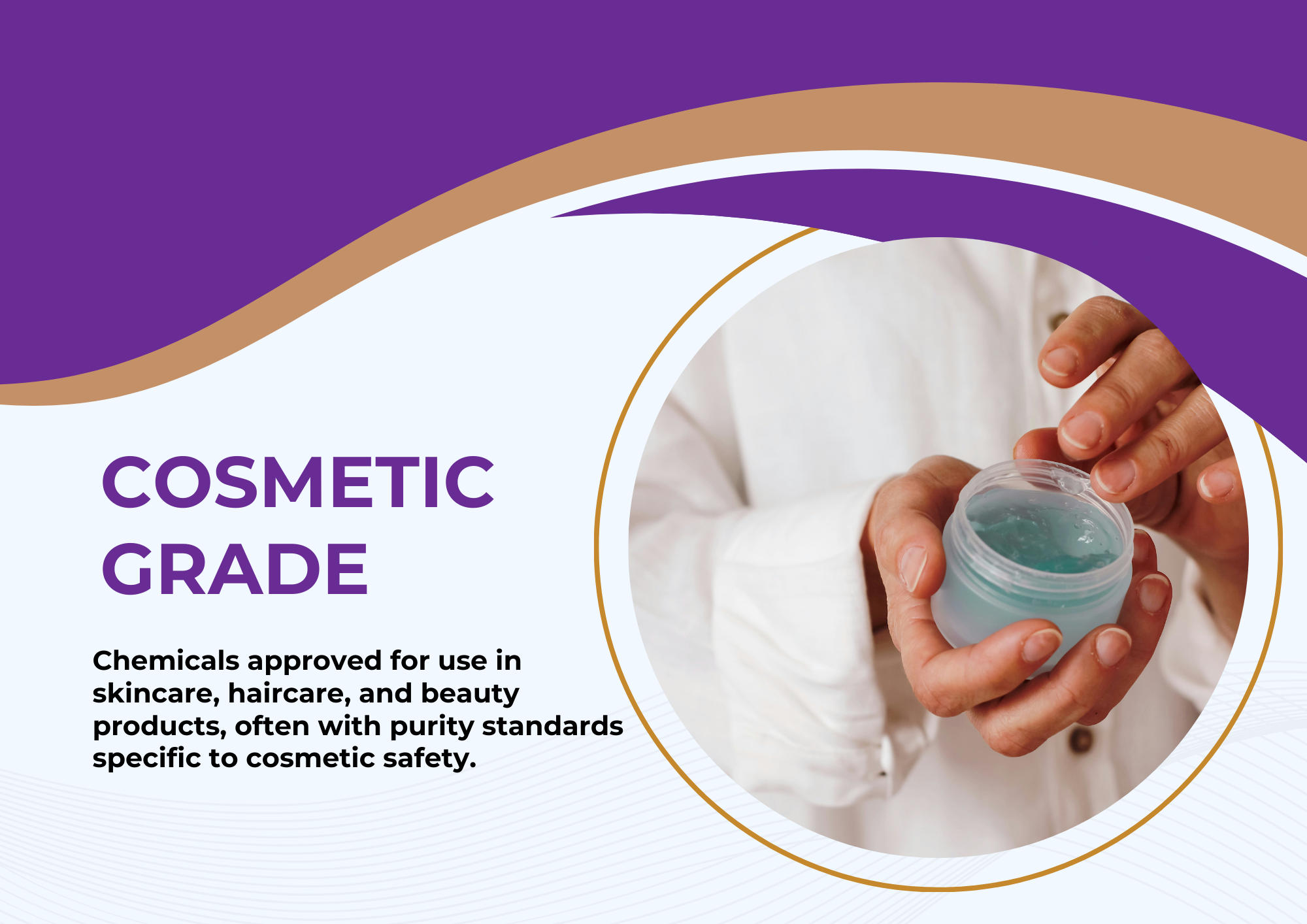“Manganous dihydrogen phosphate” has been added to your cart. View cart
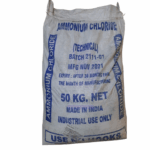
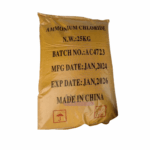
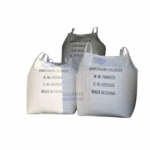
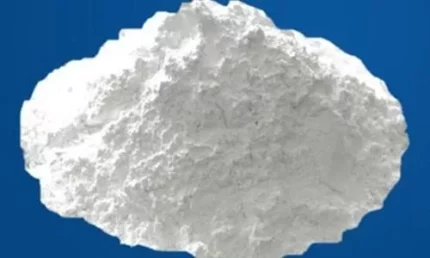
Aluminium silicate
KSh9,500.00 Original price was: KSh9,500.00.KSh9,000.00Current price is: KSh9,000.00.
Ammonium chloride 50kg
KSh8,000.00 Original price was: KSh8,000.00.KSh7,800.00Current price is: KSh7,800.00.
Ammonium chloride is an inorganic compound with the chemical formula NH4Cl. It is a white crystalline salt that is highly soluble in water and has a salty taste. Ammonium chloride is often used in various industrial and laboratory applications, including as a flux in soldering, as a nitrogen source in fertilizers, and as a component in dry cell batteries. It can also be used in medicine as an expectorant to help thin and loosen mucus in the respiratory system
SKU:
ACS81669CHEM0
Categories: Excipients, Fertilizers
Description
Ammonium chloride
- Agriculture: Ammonium chloride is used as a nitrogen fertilizer in agriculture, particularly in rice cultivation, to enhance crop yield.
- Industrial processes: It is used as a flux in metalworking, such as in the manufacturing of electronics, where it is used as a soldering agent.
- Food industry: It is used as a food additive to regulate acidity levels and act as a leavening agent in bread and baked goods.
- Pharmaceutical industry: Ammonium chloride is used in medicine as an expectorant to help clear mucus from the respiratory system.
- Animal nutrition: It is used as an ingredient in animal feed to provide a source of nitrogen.
- Laboratory use: Ammonium chloride is used as a reagent in various laboratory applications, such as in the synthesis of other chemicals and in pH testing.
- Cleaning products: It is used as a cleaning agent and in the production of some types of detergent.
Overall, ammonium chloride is a versatile chemical with many uses in different industries.
Shipping & Delivery
Related products
Cetyl alcohol
Cetyl alcohol is a fatty alcohol with the chemical formula CH3(CH2)15OH. It is a waxy substance that is used in a variety of industries, including cosmetics, personal care products, and pharmaceuticals. Cetyl alcohol is commonly derived from vegetable oils such as coconut or palm oil, and is often used as an emulsifier, thickener, or lubricant in formulations such as lotions, creams, and ointments. It is also sometimes used as a surfactant, meaning it helps to dissolve other substances and improve their absorption.
Magnesium Carbonate
Manganese sulphate
Sodium acetate Trihydrate
Sodium Formate 500gm
I find sodium formate to be quite versatile. It’s a white, crystalline powder that’s often used in de-icing products and as a buffering agent. I appreciate its effectiveness in adjusting pH levels and its role in the leather tanning industry. Its water solubility makes it particularly useful in various industrial processes. Overall, I think it’s a valuable chemical with a wide range of applications.
Sodium Oxalate 500gm
Sodium oxalate (Na₂C₂O₄), also known as disodium oxalate, is a white, crystalline solid with a variety of applications, including some specific uses in laboratories. Here's a breakdown of its key properties, applications, and safety considerations:
Properties:
- Appearance: White crystalline solid
- Odor: Odorless
- Solubility: Low solubility in water, but increases with temperature
- Melting point: Decomposes above 290 °C (554 °F)
Talcum Powder (Talc) 50kg Bag
Talcum powder is a fine, white powder made from talc, a naturally occurring mineral composed mainly of magnesium, silicon, and oxygen. It is widely used in various cosmetic and personal care products for its ability to absorb moisture, reduce friction, and provide a silky-smooth texture. Talcum powder is often used as a body powder, baby powder, and in some cases as a dry shampoo. However, concerns have been raised about the potential health risks associated with inhaling talc particles, particularly for women who use talcum powder in the genital area.
Urea 500gm
Urea is an organic compound with the chemical formula CO(NH₂)₂. It is a colorless, odorless solid, highly soluble in water, and practically non-toxic. Here are some key points about urea:
Chemical Properties:
- Formula: CO(NH₂)₂
- Molecular Weight: 60.06 g/mol
- Structure: Urea consists of two amine groups (-NH₂) attached to a carbonyl group (C=O).

